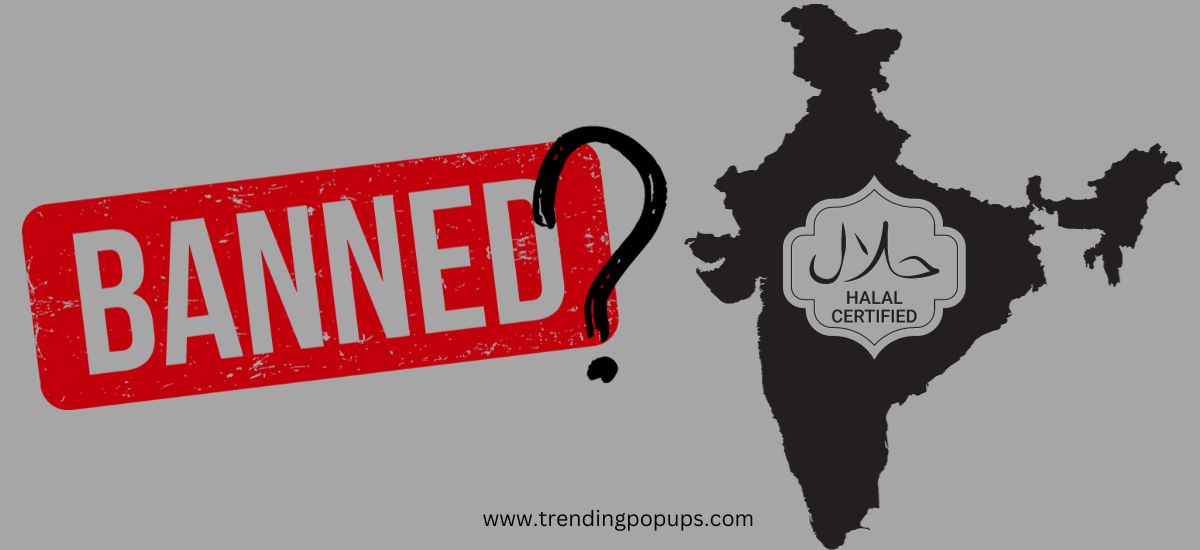In a world where diversity is celebrated, the concept of halal goes beyond religious boundaries. Whether you’re a Muslim seeking products aligned with your faith or someone interested in exploring diverse consumer choices, this article unveils a comprehensive list of Halal certified products in India. Join us on this journey as we explore the wide array of choices that cater to a growing community of conscious consumers.
Understanding Halal Certification
Before we dive into the list of Halal certified products, let’s take a moment to understand what “Halal” means. The term originates from Islamic principles and signifies products that are permissible or lawful under Islamic law. To ensure adherence to these guidelines, products undergo a meticulous certification process, assuring consumers of their compliance with Halal standards.
Halal certification is a process that ensures that products and services comply with Islamic dietary laws and are permissible for consumption according to Islamic principles. The term “Halal” itself translates to “permissible” or “lawful” in Arabic, and it encompasses a broad range of guidelines governing various aspects of life, including food, beverages, cosmetics, pharmaceuticals, and more.
The certification process involves a rigorous evaluation of the entire production chain, from raw materials to the final product. Islamic scholars or certifying bodies assess whether a product meets the standards set by Islamic law. The key principles considered in the Halal certification process include:
- Animal Slaughter: In the case of meat and poultry products, the method of slaughter is crucial. The animal must be slaughtered by a Muslim who is of sound mind, and the name of Allah must be invoked at the time of slaughter. The slaughter must be swift, and the animal should be treated with compassion and respect.
- Ingredients and Processing: All ingredients used in the product must be Halal, and the entire production process should be free from contamination with non-Halal substances. This includes avoiding cross-contamination during processing, packaging, and transportation.
- Alcohol-Free: Products should not contain any form of alcohol, as alcohol consumption is prohibited in Islam. This applies not only to beverages but also to products such as cosmetics and pharmaceuticals.
- Pork-Free: Pork and its by-products are considered Haram (forbidden) in Islam. Halal certification ensures that products do not contain any pork-derived ingredients.
- Dedicated Facilities: In some cases, the certification process may require that the production facilities are dedicated exclusively to Halal products to prevent any cross-contamination with non-Halal items.
- Documentation and Traceability: Proper documentation and traceability are essential in the certification process. This includes maintaining records of the source of ingredients, production processes, and ensuring that the final product can be traced back to its Halal origins.
Halal certification is not limited to food products; it extends to various sectors, including cosmetics, pharmaceuticals, finance, and more. The certification provides assurance to consumers, especially those adhering to Islamic dietary laws, that the products they purchase and use are in compliance with their religious beliefs. It also opens up markets for businesses, allowing them to cater to the growing demand for Halal products among consumers worldwide.
Food and Beverages
- Zabiha Meat: When it comes to Halal meat, Zabiha is a name synonymous with quality. From succulent chicken to flavorful lamb, their range of meat products ensures that consumers have access to Halal options for their meals.
- Halal Snacks and Sweets: Indulge your sweet tooth with a variety of Halal-certified snacks and sweets. From traditional treats to modern snacks, there’s a wide range to satisfy every craving.
- Halal Certified Dairy Products: Enjoy the goodness of Halal-certified milk, yogurt, and cheese from reputable brands. These dairy products provide a wholesome and Halal alternative for your daily nutritional needs.
Personal Care and Cosmetics
- Halal Certified Cosmetics: Embrace beauty that aligns with your values. Numerous cosmetic brands offer Halal-certified products, including makeup, skincare, and personal care items.
- Halal Fragrances: Leave a lasting impression with Halal-certified perfumes and colognes. These products ensure that you can smell great without compromising your beliefs.
- Halal Personal Care Products: From toothpaste to shampoo, several brands offer Halal-certified personal care items. Care for yourself while staying true to your principles.
Household Products
- Halal Cleaning Agents: Keep your living space pristine with Halal-certified cleaning products. These items ensure that your home remains clean and pure according to Islamic principles.
- Halal Home Essentials: Explore a range of household products, from kitchen essentials to home decor, all certified as per Halal standards. Make your living space a reflection of your values.
Fashion and Apparel
- Halal Clothing Brands: Dress modestly and stylishly with clothing from Halal-certified brands. These fashion labels offer a diverse range of attire that adheres to Islamic principles of modesty.
- Halal Accessories: Complete your look with accessories that are not only fashionable but also in line with your beliefs. Halal-certified accessories ensure that every detail of your outfit is considered.
Conclusion
As the demand for Halal certified products continues to grow, the market in India responds with an expanding array of choices. Whether it’s food, personal care, household items, or fashion, consumers can now make informed decisions that align with their beliefs.
This list is by no means exhaustive, as the market is dynamic and continuously evolving. As you explore the world of Halal certified products in India, remember that each purchase is a statement – a choice to embrace diversity, uphold values, and contribute to a more inclusive marketplace. So, go ahead, explore, and choose products that resonate with your lifestyle and beliefs.
On Saturday, the Uttar Pradesh government made a swift decision to prohibit the production, storage, distribution, and sale of halal-certified food items with immediate effect.
FAQs
Can Muslims eat halal certified food?
Muslims are encouraged to consume food that is halal, meaning it adheres to Islamic dietary laws. Halal-certified food ensures that the products meet the specific requirements outlined in Islamic principles. This includes the proper method of animal slaughter, avoidance of certain ingredients such as pork and alcohol, and adherence to hygiene and cleanliness standards. So, for Muslims, choosing halal-certified food provides assurance that what they are consuming aligns with their religious beliefs and dietary restrictions.



